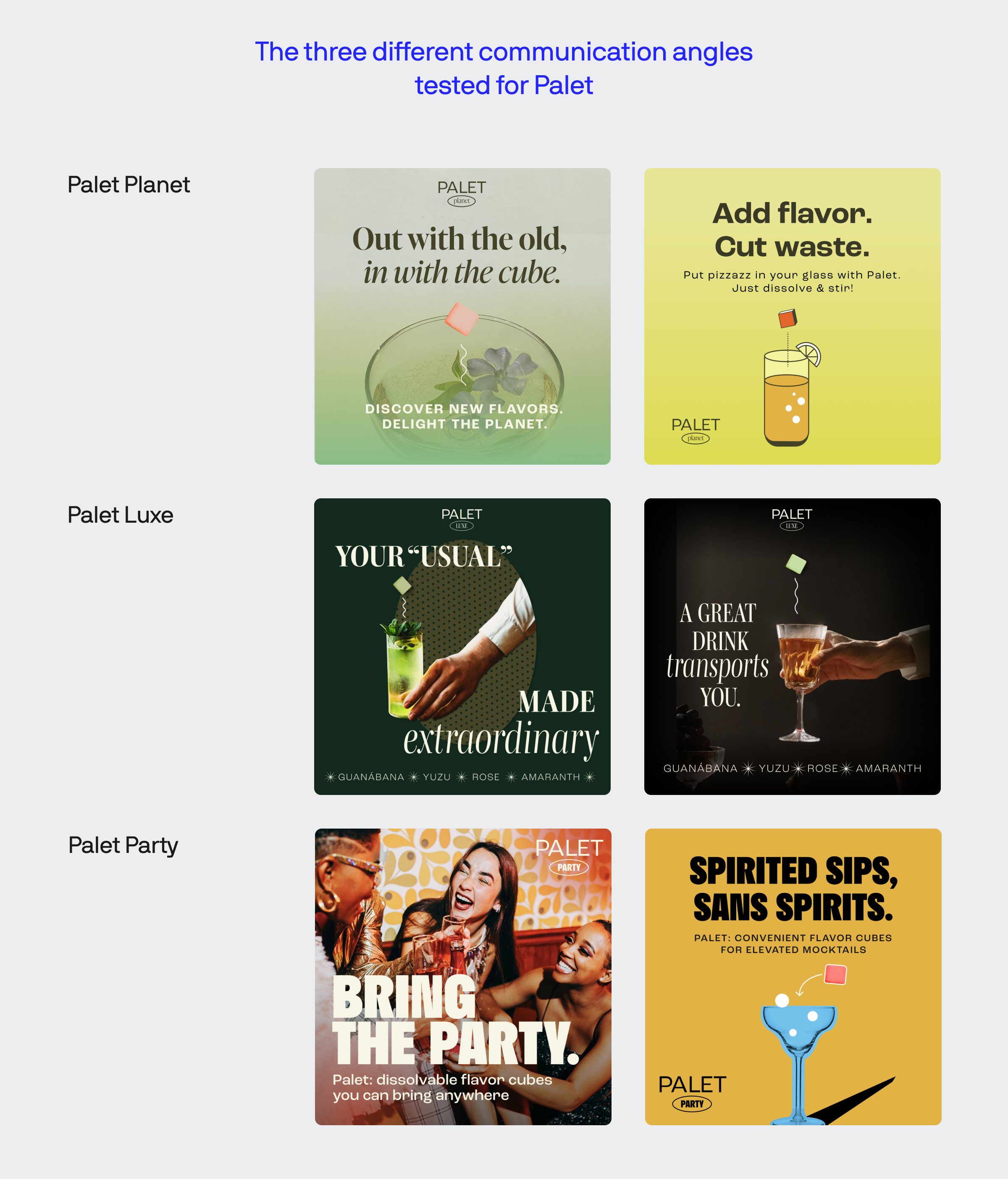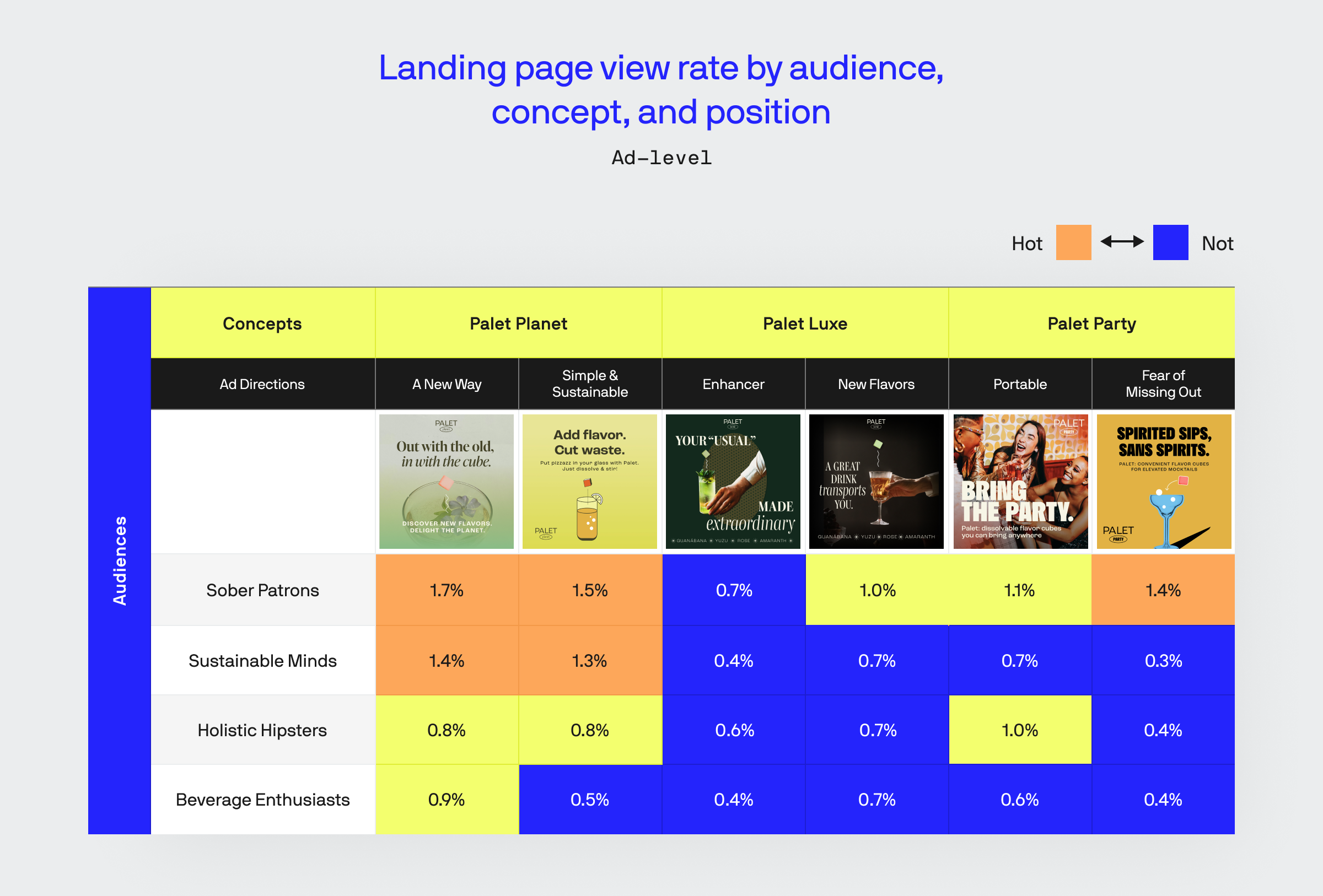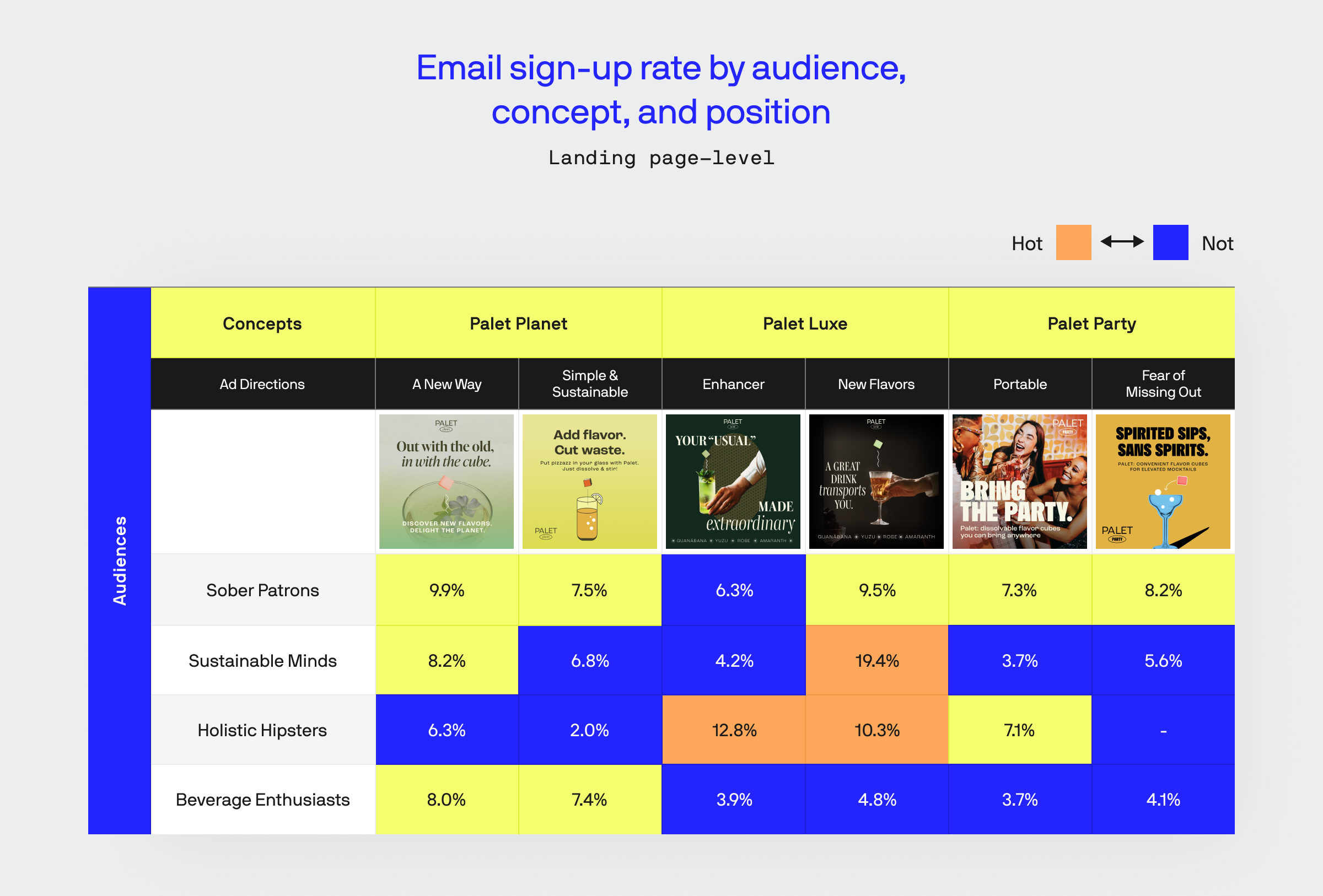Sustainability Alone Won’t Sell Your Product—It Needs a Helping Hand
Sustainability is good for the planet and our collective future. Indeed, for many, acting sustainably is a form of ethical behavior that should guide daily decisions.
In response, brands seek to make their products more sustainable, and marketers often lean heavily on messaging about sustainability. But with growth and profit targets to achieve, companies have a big question to answer: is sustainability good for sales?
The team at Spark No. 9, a growth strategy agency, set out to answer this question using their proprietary “heat-testing” methodology. Spark created an experiment to measure the impact of sustainability messaging on consumer interest in a new product.
First, they identified a category with a lot of opportunity for improvement: beverages. Big beverage companies are among the world’s worst polluters. What’s the best way to reduce the number of bottles and cans? Would consumers be open to the idea of no bottle at all? The Spark No. 9 team decided to explore whether a new “bottle-free beverage” was appealing to consumers and, if so, why.
Next, they developed a product concept for testing. “Palet” is a dissolvable drink tablet, available in exotic flavors. Unlike most dissolvable tablets, which tend to focus on hydration, Palet was designed to deliver delicious flavor in a sustainable, highly portable package.
Spark’s “heat-testing” uses advertising to measure consumer response to new products. Ads featuring products “coming soon” or “in development” are shown to several discrete audiences on one or more ad platforms. Responses—clicks, likes, sign-ups to learn more on a landing page—indicate the relative interest in each product concept.
Sustainability: hot or not?
To test whether sustainability is appealing as a standalone value proposition, Spark created three different versions of Palet:
- Palet Planet, with branding focused on sustainability and, for some at least, ethical consumption
- Palet Luxe, which leans heavily into artisanal flavors and indulgent, extraordinary drinks
- Palet Party, focused on convenience and portability—flirty, fun, perfect for parties
Next, Spark created Instagram ads to represent each brand. To ensure that a single ad did not skew results, they created two ads for each Palet concept:

Here, you can see the three angles they used, each with a different value proposition.
To prepare for the test, the team outlined four discrete audiences on Instagram, each demonstrating distinctive behavior. One audience in particular was designed based on a deep interest in sustainability to isolate people whose behavior shows the intention to do right by the world:

The test would show how each audience responded to each concept. The Spark team’s hypothesis was that the audience that cared a lot about sustainability would be more interested in Palet Planet, with its sustainability-forward positioning.
So, does sustainability drive sales?
Regarding immediate interest, sustainability showed promise: audiences clicked on ads for Palet Planet, the sustainability-focused concept, at a higher rate than for other versions of the brand. Even more importantly, most clicks turned into views of the associated landing page, showing real interest in learning more about the concept.

As expected, the Sustainable Minds audience was very interested in Palet Planet. What jumped out from the results, however, was that the Sober Patrons audience was even more interested! In fact, as the Spark team reviewed the results, they surmised that the Sober Patrons audience may be looking for a beverage solution that provides portability, sustainability, and flavor in a single product. Had the team stumbled on an unexpected market opportunity? A non-obvious audience that cared about sustainability?
But ad clicks don’t equal sales. In Spark’s experiment, the best indicator of purchase intent was an email sign-up on the landing page to stay informed about the product’s launch date. The landing pages clarified that the product did not yet exist, so an email sign-up was a way for users to convey genuine interest.

While Palet Planet still achieved moderate sign-up rates, Palet Luxe, the product concept focused on indulgent luxury, won handsomely. Perhaps most surprisingly, Palet Luxe even won among the Sustainable Minds audience: in other words, even the greenest consumers showed purchase intent for a luxury product more often than a sustainable one. While sustainability drove initial interest, it needed to lead with another powerful attribute—luxury—to drive actual conversion.
Why sustainability alone doesn’t sell
When asked, consumers—even those who care deeply about climate change and its impact—cite a range of reasons why sustainability is a hard sell:
- Individuals feel a lack of actual effect, questioning how something small on their part can make an impact.
- Skepticism about a brand’s sustainability claims.
- Assumption that because something is sustainable, the cost is inflated.
- Fear of sacrificing quality for sustainability.
Sustainability, therefore, has a hard time driving conversion all by itself. It needs a partner—in Palet’s case, luxury—to create a “two-for-one” value proposition. It’s upscale, uniquely delicious, and sustainable—sign me up!
Luxury sells because exclusivity can be a powerful motivator, as is FOMO (Fear of Missing Out).
Though businesses like the Palet concept make sustainable choices easier for consumers, several barriers aren’t easily overcome, even by the best landing pages.
For example, some people can’t quite get past how something small—saving a few bottles—can make an impact. And in some cases, they’re right: the average US citizen outputs between 5 and 16 metric tons of CO2 a year when a single, average-sized cruise ship will burn at least 150 tons of fuel daily, outputting around 490 tons of CO2 in a single day!

Luxury also doesn’t have the skepticism surrounding sustainability—and it’s inherently an appealing notion when leveraged with the correct product.
And thus, luxury wins.
Sustainability: a useful ‘wingman’
The bottom line: sustainability alone isn’t going to drive sales—even with audiences specifically focused on sustainability. Sustainability needs to be expressed as one attribute of a broader value proposition. The good news for ethical brands: integrating sustainable practices and form factors into new products is a win as long as the primary value proposition is robust.
Our take: let sustainability be your wingman via a prominent honorable mention on your landing page.









